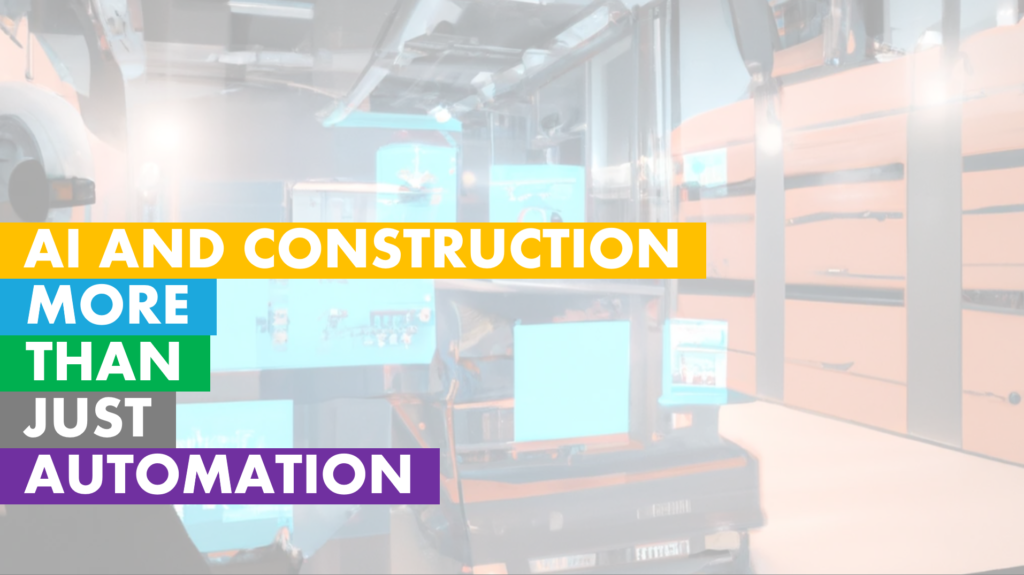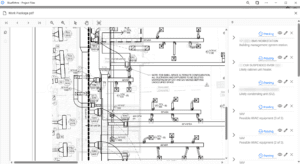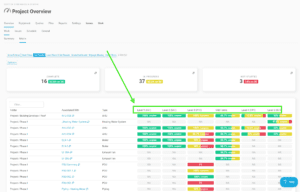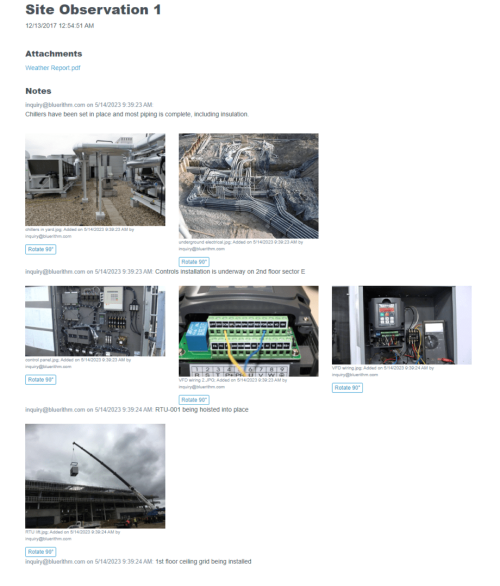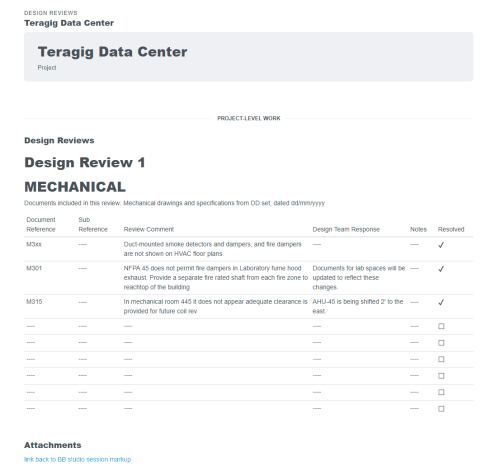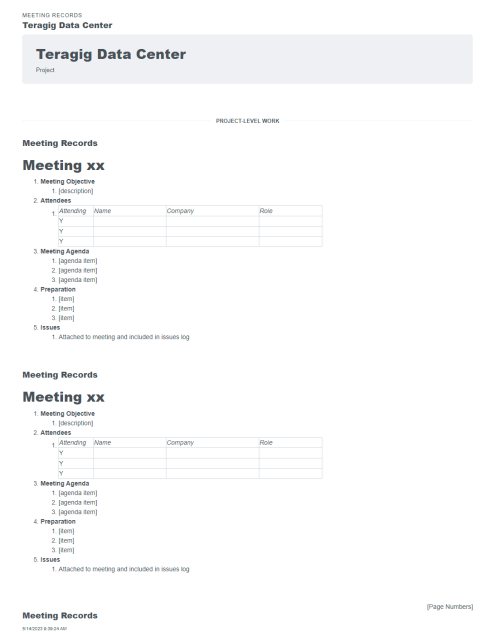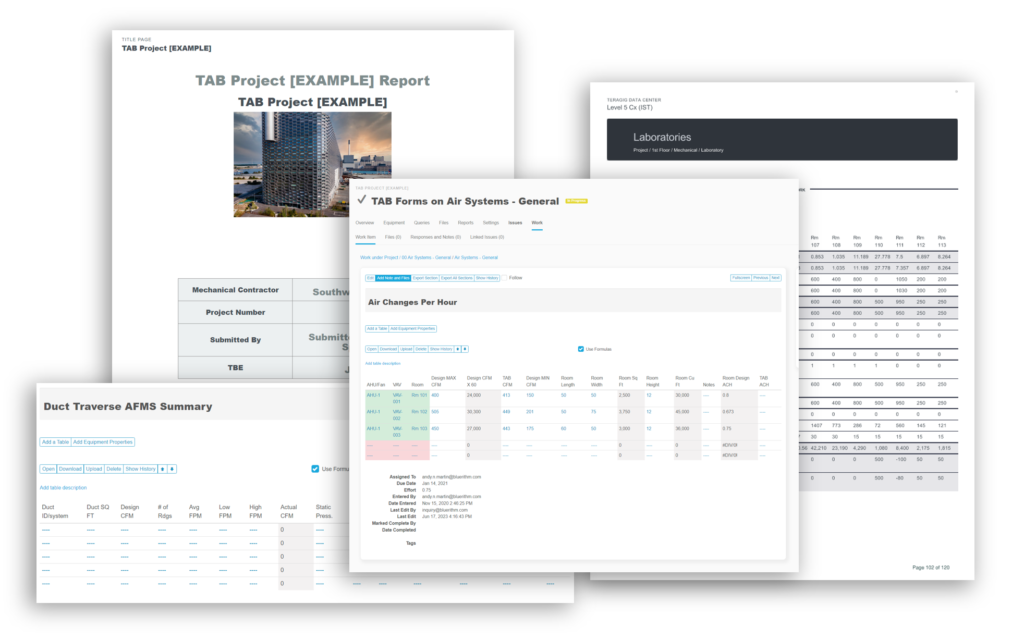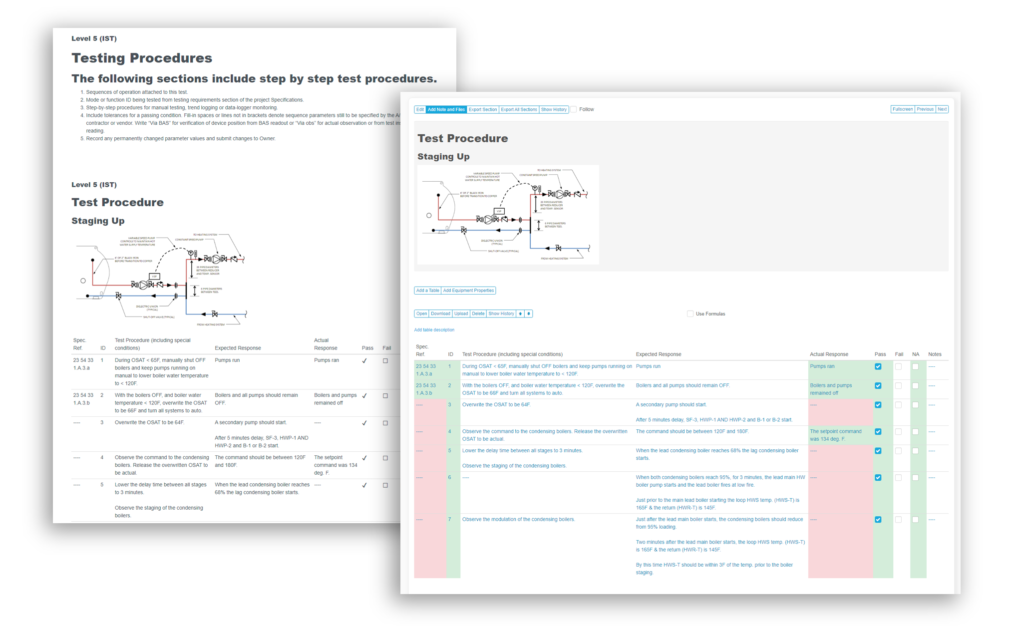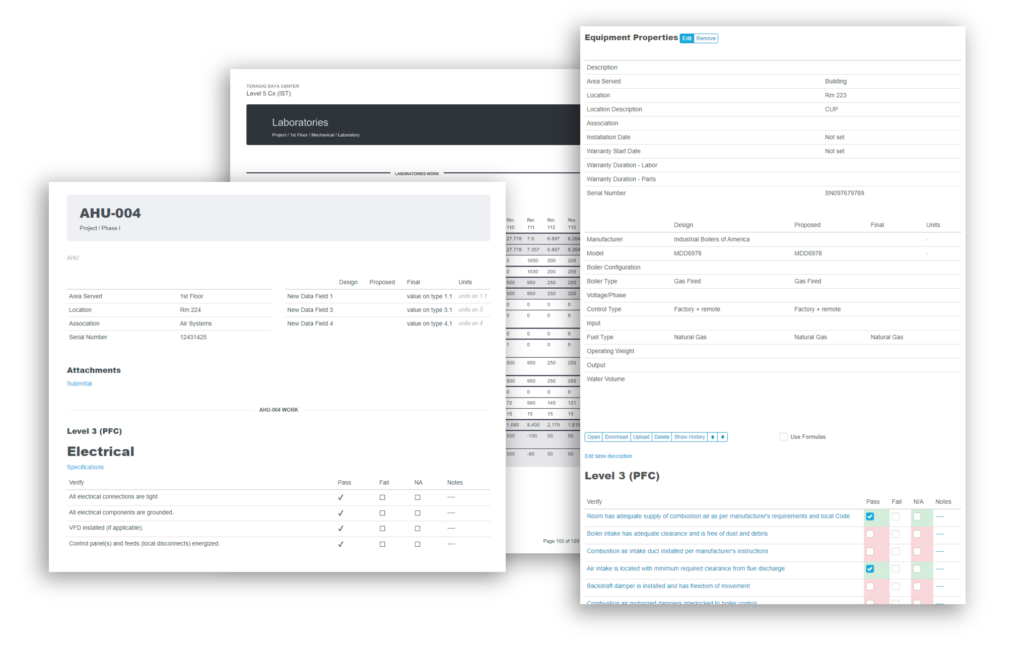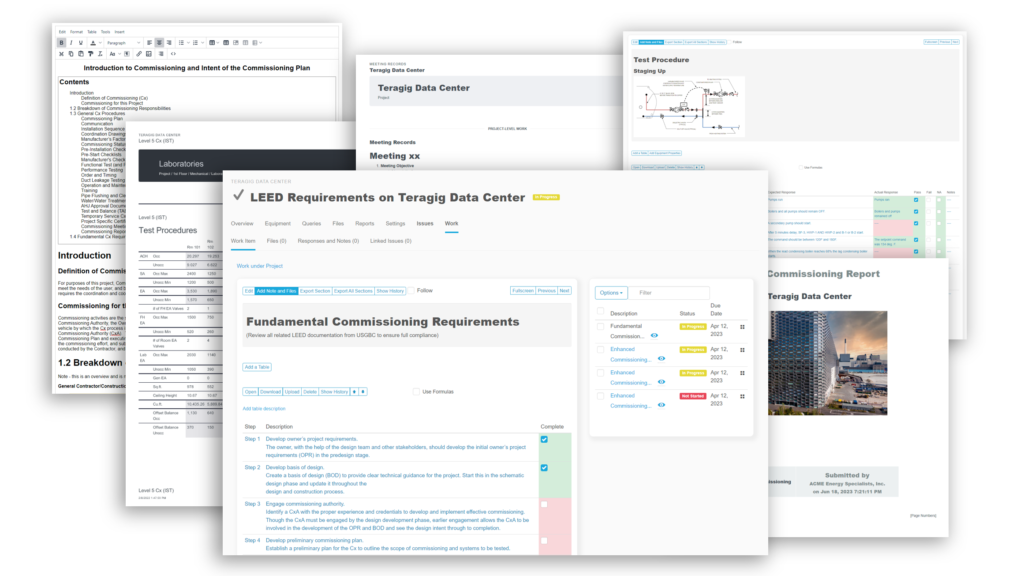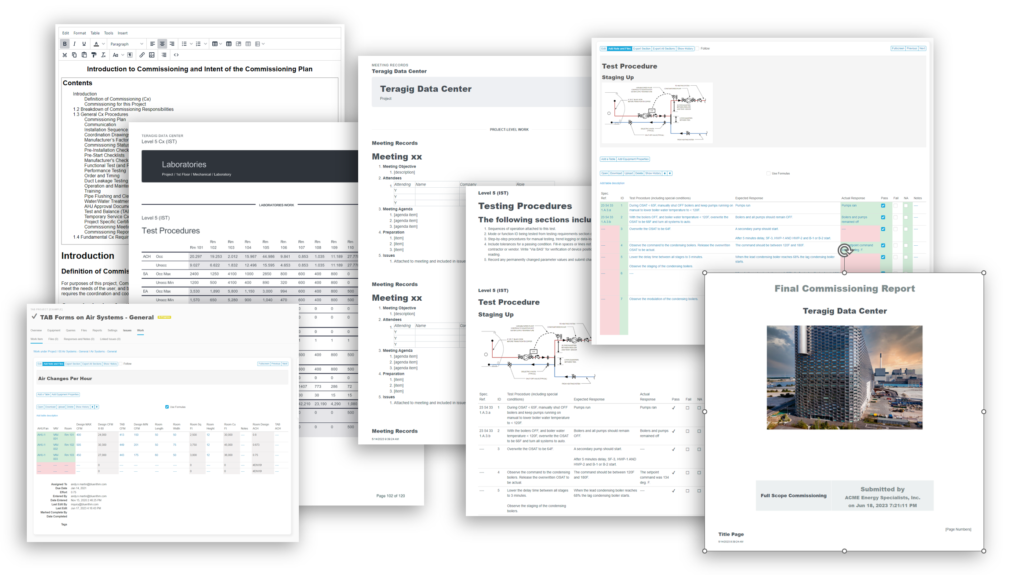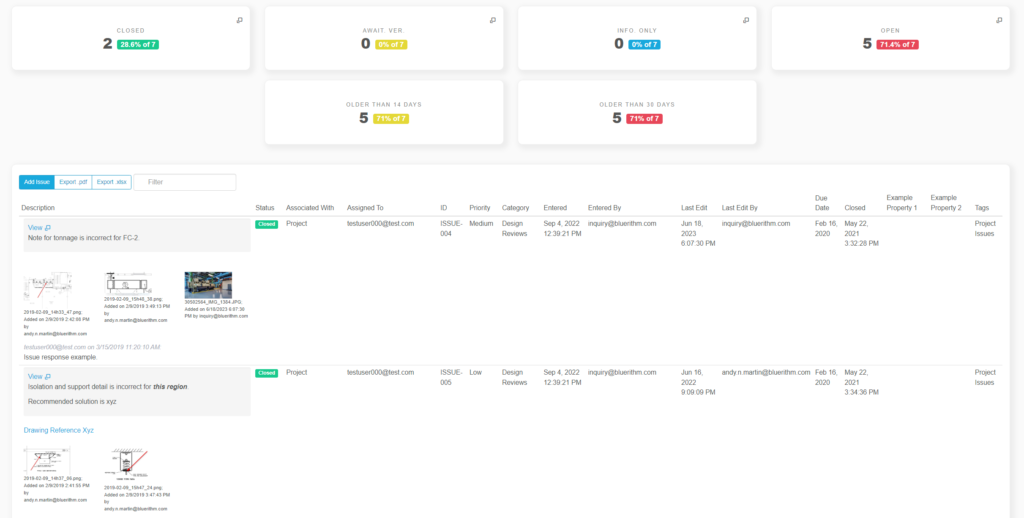In any industry, those that deliver the best outcomes with the least effort are sought after and become the most successful. Subsequently, new benchmarks and baseline expectations from the market are continuously adjusting.
The bleeding edge comes with risks, the leading edge—just a step behind—is an opportunity for businesses to excel without falling behind the curve. In the construction sector, a traditionally change-resistant industry, a big shift has been underway. The industry is now embracing experiments, novel technologies, and forward-thinking mindsets, with AEC and GC’s now building teams dedicated to exploring and implementing automation and digital solutions. The initiatives don’t always work, but those who are learning what does work now will be years ahead of those who aren’t.
We’re rapidly speeding past the stage where eliminating or automating repetitive and manual work is enough. The state of technology is now at a point where it can effectively reason, act as assistants, augment, or even do entirely, engineering tasks and any work that a person currently does sitting behind a computer.
We’re in early days of this stage, so it’s not perfect, and there aren’t any beaten paths to follow. But we’re confident that effectively leveraging artificial intelligence is and will continue to fundamentally change the way almost all of us work in the near future. What we’re NOT saying is that ChatGPT is going to do this, although it is a interesting showcase of the current state of AI (especially the more capable models like GPT-4, Claude, etc.). We’re saying the underlying state of research, understanding, and application of large language models, when trained on and applied effectively to real business problems, will be able to do 10-80% of what we spend our time on today. Even if it’s 10%, if we’re not leveraging that capability and competing against someone who is, we’ll lose every time.
The team at Bluerithm is deep into how we can effectively leverage this stage of industry as it relates specifically to the work our customers do: commissioning, equipment and asset data management, test and balance, etc. We’re excited to have released the first set of AI-powered tools in Bluerithm, and especially excited about the new developments underway.
I encourage you to be creative in how you can not only eliminate and automate repetitive and manual work, but how you can apply your time to where it truly adds value, and how you can let the machines handle the rest.

